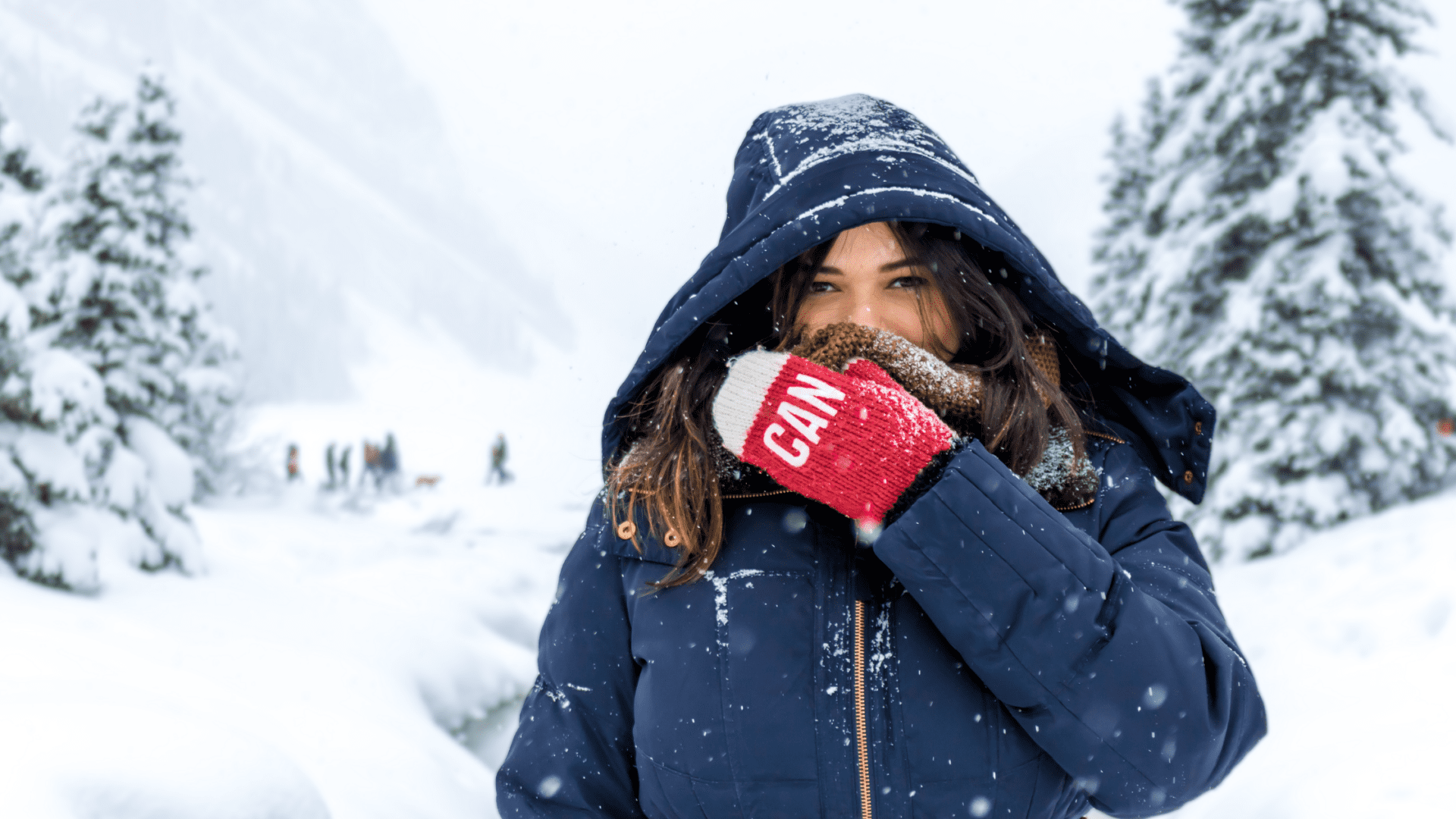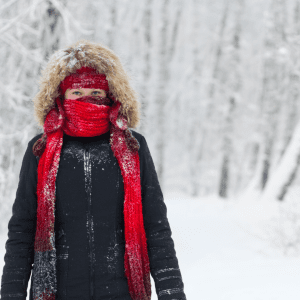How to Protect Your Eyes During Winter Weather

Spring and summer are seasons commonly thought to cause most eye problems. Pollen, pollution, hot temperatures, and increased humidity all pose their own problems during those seasons. However, don’t overlook the cooler months. Fall and winter don’t simply sit idly by to give your eyes a break from issues associated with seasonal weather. If you think your eyes don’t need much protection during the cold months, newsflash: you are wrong. Old Man Winter can cause as many problems with your eye health as the warmer seasons.
How to Protect Your Eyes During Winter Weather
Below are eye issues you might experience during the winter and what you can do to protect them.
Allergic Blepharitis – inflammation of the eyelids
This can be caused by allergies that only flare up during the winter. Several factors can cause eyelid inflammation. One of those factors is weather. Allergic blepharitis can be a seasonal condition that flares up in winter due to drier air and other environmental factors. Symptoms include:
- Photosensitivity (sensitivity to UV rays and other light sources)
- Headaches
- Blurred vision
- Loss of eyelashes
Treatment includes a cool eye compress and over-the-counter oral antihistamine. Seeing your eye doctor is also recommended before using any eye drops, as it could make your allergic reaction worse.
Solar retinopathy – snow blindness
This occurs when sunlight is high and reflects off snow. Reflection from the sun can cause:
- Retinal damage
- Blurred vision
- Headache
Treatment includes a cold compress to alleviate pain. If symptoms persist, seek medical attention. This condition can be avoided by wearing snow goggles if you will be spending lots of time in the snow. Also, remove contacts and avoid looking at reflective surfaces.
Corneal Freezing – constriction of blood vessels in the cornea
Exposure to extreme low temperatures can freeze the cornea’s watery surface and constrict the blood vessels. You may experience:
- Blurred vision
- Vision loss
Corneal freezing can generally be reversed quickly upon returning to warmer temperatures and rehydrating the eyes with artificial tears.
The drier air and harsh conditions during winter months can cause significant eye issues. Be sure to use the following tips during winter:
- Wear sunglasses during the day.
- Use over-the-counter eye lubricants to combat dry eye.
- Do not touch or rub your eyes.
- This keeps your eyes healthy and moist.
- Eat plenty of fruit and veggies.
- If you have allergies, consult your eye doctor.
- If severe symptoms persist, go to the nearest medical facility.
Fall and winter are beautiful seasons. Changing colors, fall festivals, refreshing weather, holidays, and intoxicating scents of baked goods wafting from the local bakery all contribute to quite a bit of time spent outdoors. Just be mindful that your eyes are tough, yet sensitive organs that must be protected at all times; even while enjoying the fall and winter weather.
If your eyes need a winter checkup, schedule a comprehensive eye exam today. Please contact The Eye Center, with locations in Huntsville and Madison, at 256-705-3937.
